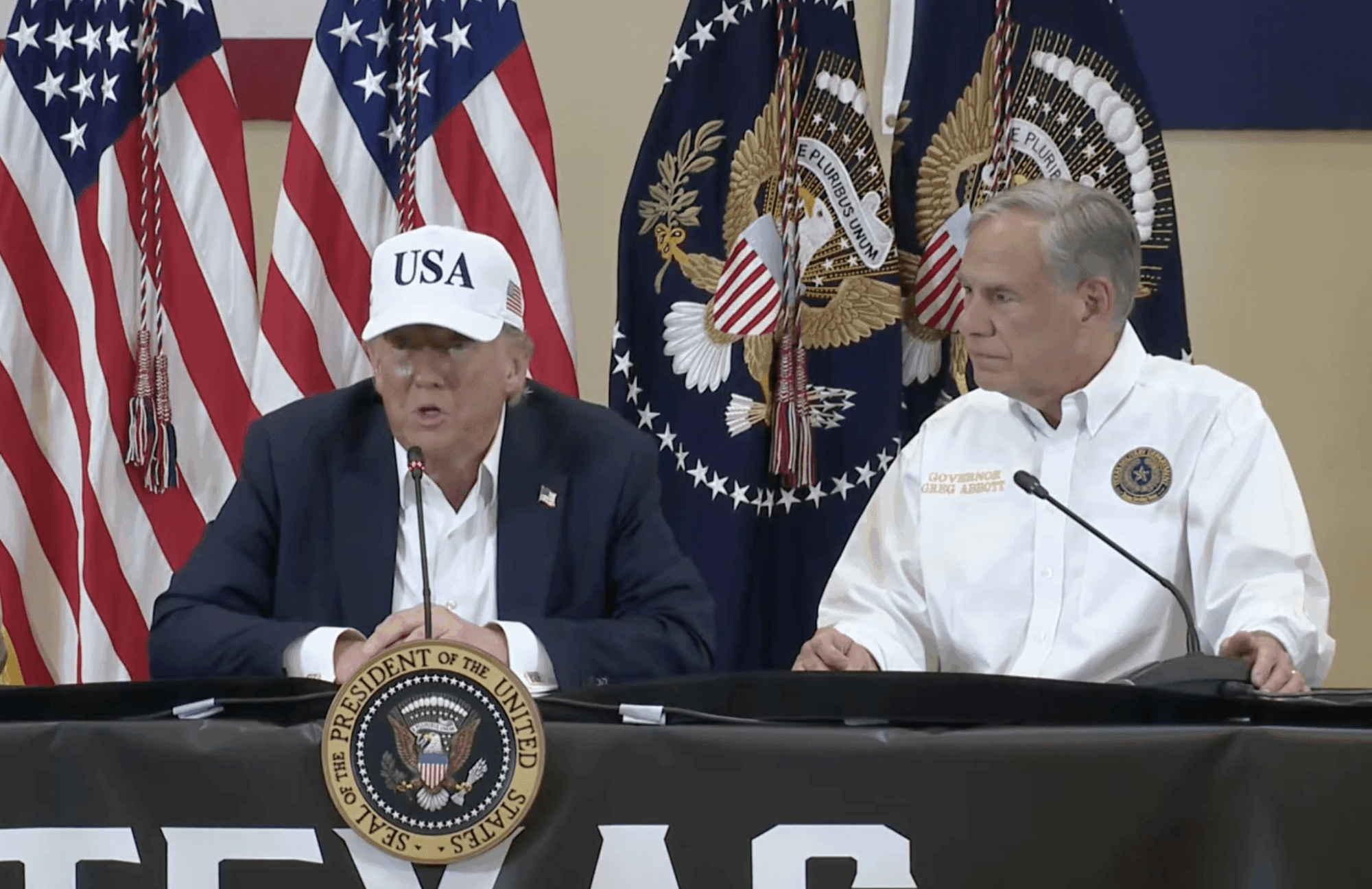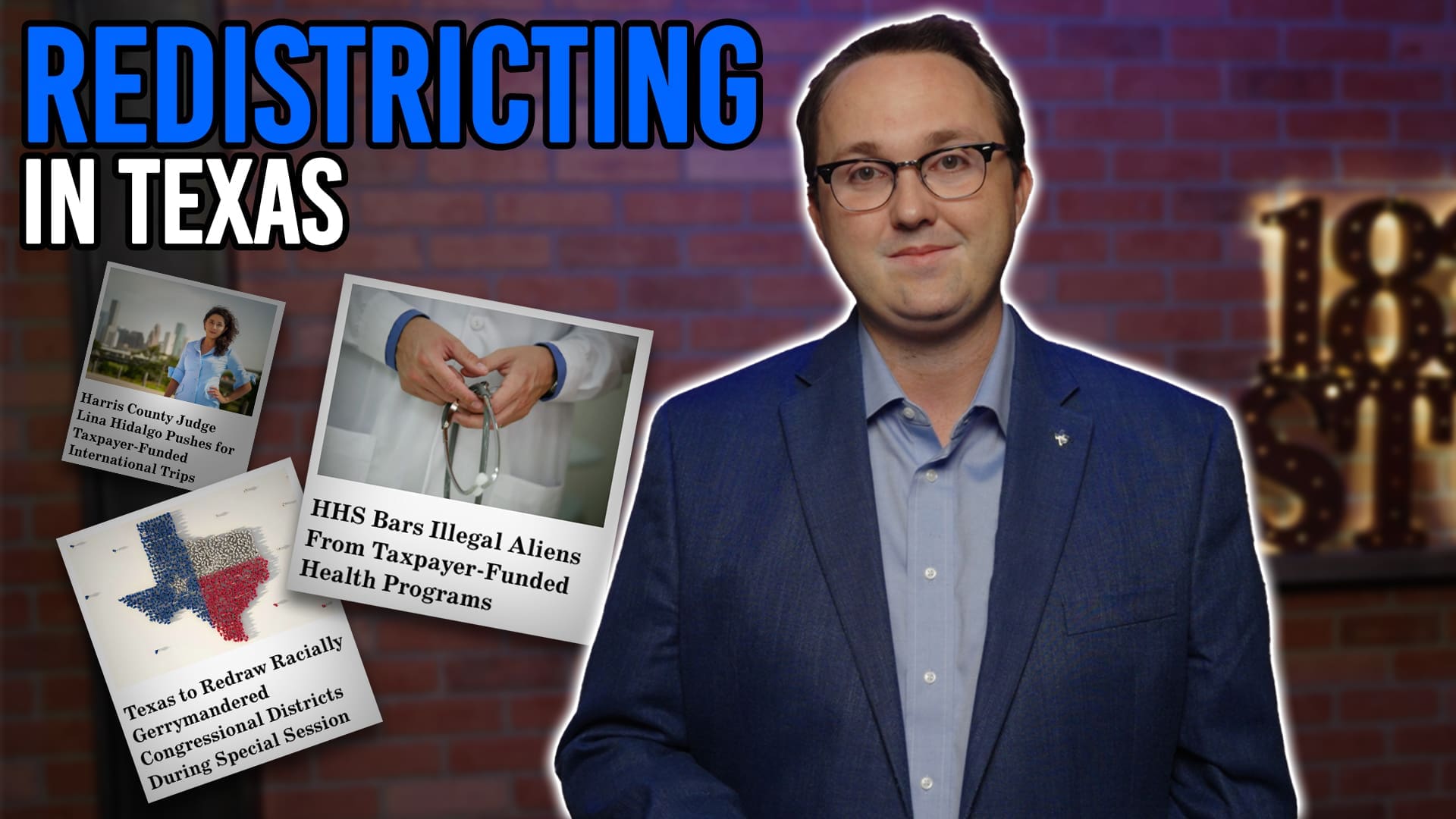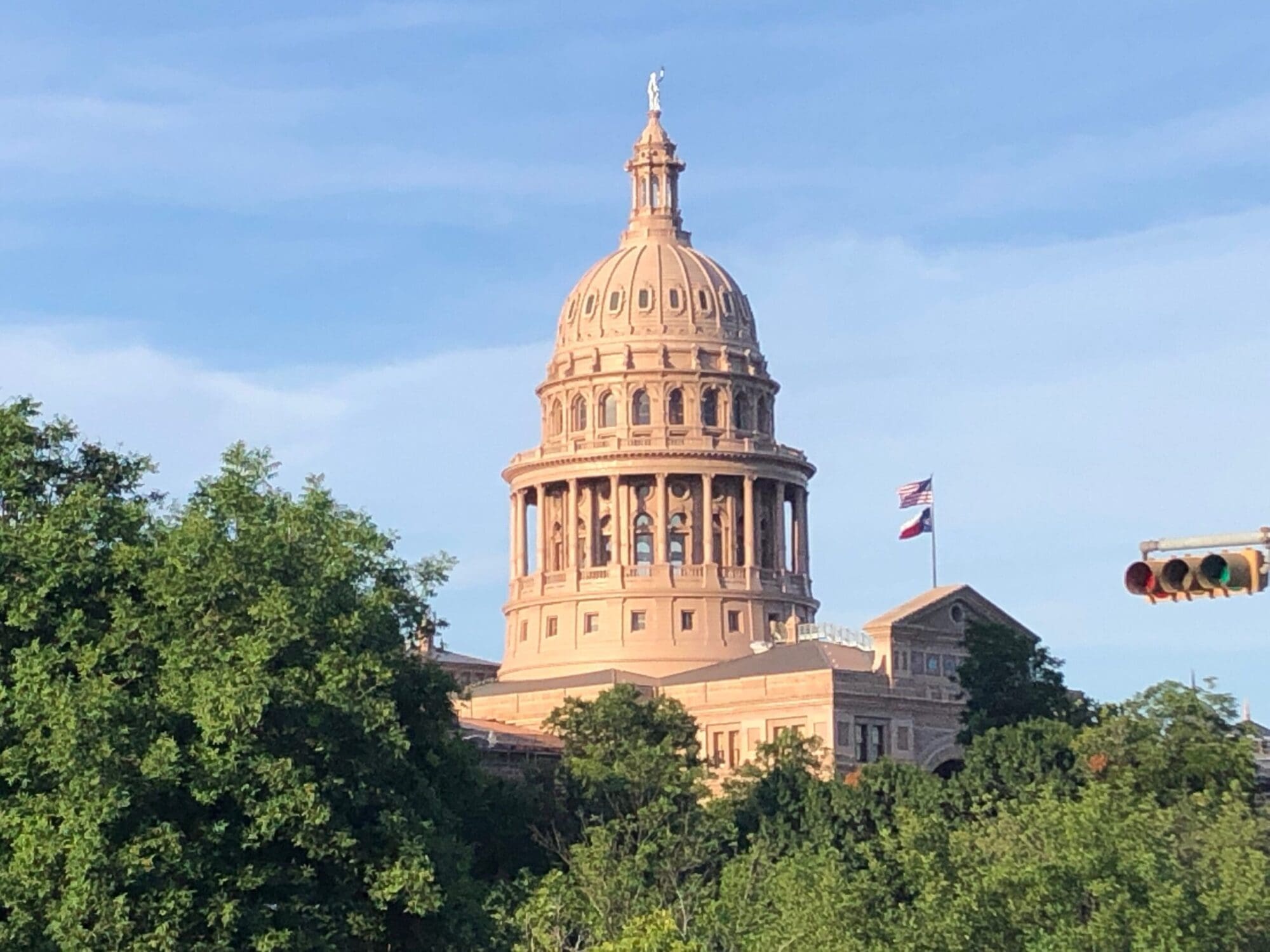On-demand ridesharing is working so well as a public transportation solution for one North Texas city that it’s expanding the three-month-old pilot program.
Arlington, a city of 390,000 that’s known for its lack of mass transit, launched the new transportation program in December. The city partnered with app-based ridesharing service Via to operate 10 six-passenger Mercedes-Benz vans that carry riders anywhere within the city’s service area.
For residents, it’s a flexible and affordable public transit option.
“We’re going to pick you up within a block or two of where you want to be picked up,” Via General Manager Alex Lavoie explained. “We’re not going to pick you up at a few fixed pickup locations within the city. It’s quite a convenient solution.”
Riders pay a flat fee of $3 a ride, or $10 for a weekly pass.
Arlington’s ridesharing contract with Via replaced the city’s four-year experiment with commuter bus service. Ridership on the DART-operated Metro Arlington Xpress bus line never met the program’s goals, and had fallen to as low as 100 people a day on its single route through downtown.
In Via’s first month of operation, the ridesharing service provided more than 5,000 rides and earned a 97-percent customer approval rating.
The city set performance standards for Via’s service of no more than 12-minute average wait times and 3-minute deviations from promised pick-up times.
Ridesharing is a flexible and affordable option for the city as well, compared to traditional public transit modes. Arlington Mayor Jeff Williams says he sees buses and rail as outdated technology.
“I think with the new technology that’s coming on, you’re going to see very little live rail built, because this is so much cheaper,” Williams told CBS This Morning.
“It’s a pilot program,” Williams added. “If it didn’t work, we can go on to something else and it’s a fraction of spending $50 million a mile on live rail.”
The estimated cost of the one-year pilot project is $922,500. The city is putting in $322,500; additional funding up to $600,000 is coming from the Federal Transit Administration.
Via is providing its dynamic routing system and mobile booking application, vehicles and drivers, along with all technical and operational support. The city agreed to pay Via $140,000 in installation costs, plus an estimated $782,500 in ongoing fees – which includes $713,000 for monthly service subsidies to cover Via’s operational costs.
Service fees collected from riders are going back into promoting and expanding the program.
 Via currently offers rideshare service in the areas around downtown, the University of Texas at Arlington, Texas Health Arlington Memorial Hospital, and the Entertainment District, as well as a connection to the Trinity Railway Express CentrePort Station.
Via currently offers rideshare service in the areas around downtown, the University of Texas at Arlington, Texas Health Arlington Memorial Hospital, and the Entertainment District, as well as a connection to the Trinity Railway Express CentrePort Station.
The Phase II expansion, to be completed this summer, will add service to Medical City Arlington, The Parks Mall, Arlington Highlands, and surrounding areas. The expanded coverage area will encompass 120,000 residents in a large portion of the city between Interstate 30 and Interstate 20. If demand increases, Arlington is prepared to expand the service citywide.
Not every city resident is a fan, though. Warren Norred, an Arlington attorney who has followed the city’s struggles with public transit for decades, describes the Via program as “a lesser version of Uber or Lyft” that is losing about $50,000 a month.
Norred believes private ride-hailing companies can provide a superior free-market solution, and he chides Arlington officials for keeping them out of the city until the Texas Legislature enacted statewide regulations last year that overrode local ridesharing ordinances.
“Though Via is certainly better than the MAX or any fixed-route system, one can only conclude that Arlington’s city council would rather have no transit in the city than allow private transit resulting from the development of new commercial services – unless they can monkey with it,” Norred told Texas Scorecard. “The Arlington City Council supports transit providers only when those providers are subsidized and less useful than the services provided by private enterprise.”
Arlington residents have consistently voted down the city’s proposals for mass transit systems that they believe will be underutilized and divert tax dollars from better uses. On-demand ridesharing is an innovative public transportation solution that so far is working for the city and its residents.





